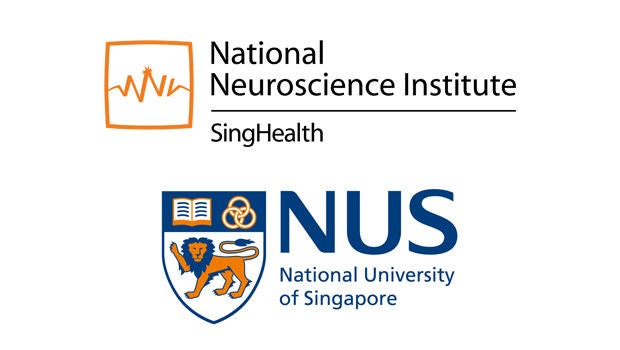
On 8 May 2015, the National University of Singapore (NUS) and National Neuroscience Institute (NNI) signed a Memorandum of Understanding (MOU), establishing a partnership to drive a joint research in neurobiology and ageing diseases.
It aims to improve diagnosis and prevention of age-related neurological diseases, as well as to create a platform to allow for greater synergy between the scientists and researchers from the partnering organisations.
The merits of collaboration can already be seen from NUS and NNI’s recent joint discovery of a probe for the detection of Parkinson’s disease.
“This partnership will foster research into the genetic, biological and social aspects of ageing. Scientists and clinical researchers will leverage on each other’s expertise and work together to further the understanding of the molecular mechanisms of cell damage in human disease,” explained Professor Tan Eng King, the Director of Research of NNI.
One major project under the ageing research arm of this partnership is the study of the effect of antioxidants on age-related diseases. Findings from the study would be applied in therapies for the elderly to improve their quality of life.
The second area of collaboration planned by NUS and NNI is the development of commercially-viable neurotechnology to improve patient care. This will be achieved through the combined expertise of NNI doctors and scientists from NUS’s neurotechnology research and development institute, SINAPSE.
“Neurotechnology is an exciting part of this collaboration,” said Associate Professor Ng Wai Hoe, Medical Director of NNI.
“For a start, we will explore the application of optogenetics – a technique to control living brain cells – for tumour imaging and the measurement of intracranial pressure.”
“A Virtual Reality Surgery platform will also be developed to enhance surgical precision and visualisation for neurosurgeons in the operating theatre. This will help to improve patient safety and care outcomes,” he added.
All in all, the vision of this partnership seeks to create discoveries and technologies that will drive progress in the treatment of diseases, leading to improvement in human health and better patient outcomes.
Get the Health Buddy App
© 2025 SingHealth Group. All Rights Reserved.













 Get it on Google Play
Get it on Google Play